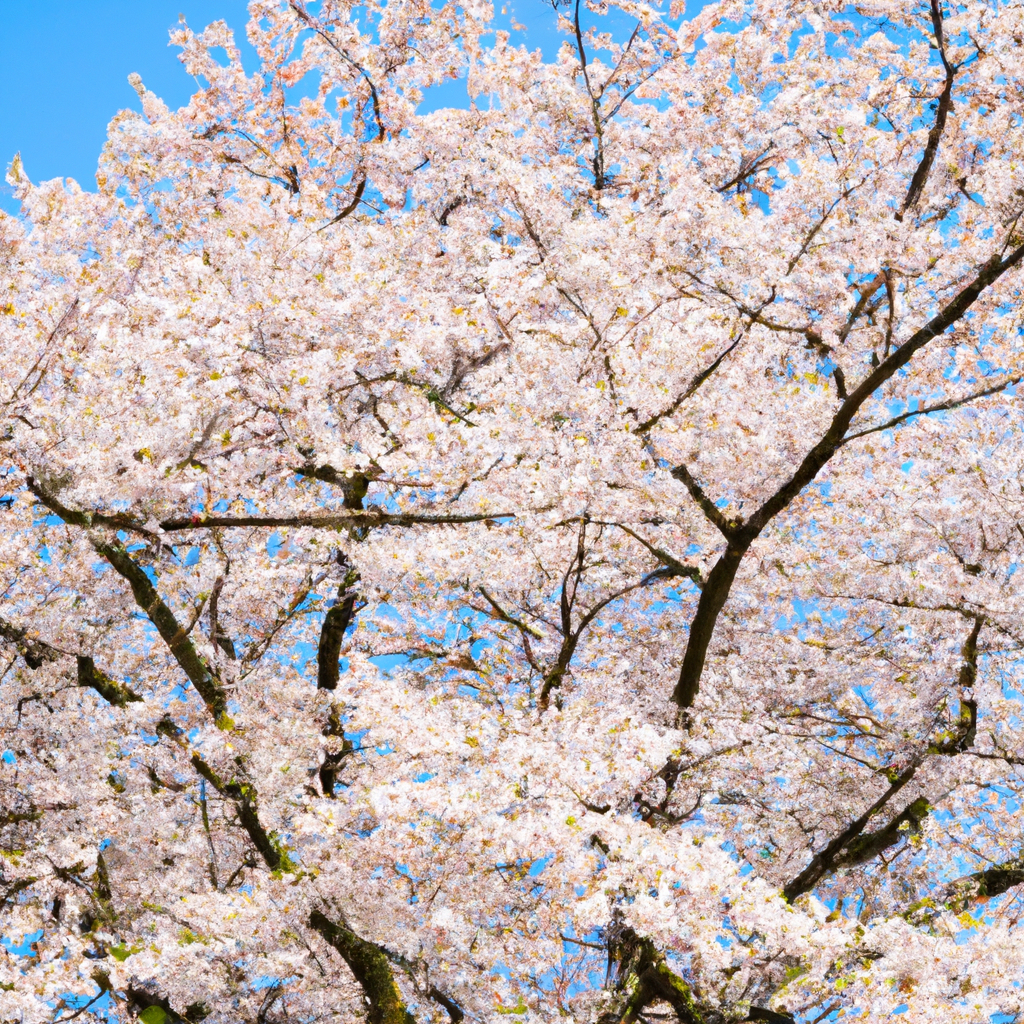March 16, 2023
Japan’s Early Cherry Blossom Season Sparks Climate Change Concerns
Book a Demo
Japan’s cherry blossom season, also known as sakura, is one of the most anticipated and celebrated events in the country. Visitors flock from all over the world to witness the stunning pink and white blooms that signify the arrival of spring. However, this year’s cherry blossom season started ten days earlier than usual, tying with an early record start seen only twice before.
Tokyo’s official cherry bloom records go back 70 years, but the delicate white-pink flowers have only appeared this early in 2021 and 2020. High climate change and milder temperatures are contributing to the increasingly early blooms, which are concerning some experts who warn of the wider implications of global warming.
Cherry blossom season is traditionally celebrated with hanami, which is when people gather under the cherry blossom trees to eat, drink, and enjoy the beautiful scenery. However, due to the ongoing pandemic, the public has been asked not to throw parties during the cherry blossom season.
Despite this, Tokyo parks have announced that blossom revelers will be allowed to gather freely for the first time since 2019 since the borders have reopened. This is good news for many people who have been eagerly waiting to celebrate this traditional event with their loved ones.
The blooms of the somei-yoshino strain tend to emerge simultaneously in a given region because the trees are clones of a single specimen. This means that when the cherry blossom season starts, it is an awe-inspiring sight to see entire streets and parks decorated with pink and white flowers.
However, rising temperatures have caused Kyoto’s average flowering date to be two weeks earlier than it was in 1850. This is alarming to many people as cherry blossoms are culturally significant in Japan. They are celebrated with festivals and picnics under the pink flowers, which are only in full bloom for about a week.
Japan’s cherry blossom season is starting earlier due to climate change and milder temperatures. While there is no doubt that the blooms are beautiful and culturally significant, the wider implications of global warming cannot be ignored. Despite the ongoing pandemic, people are still finding ways to celebrate this traditional event, and it is heartening to see the return of some normalcy to daily life in Japan.



